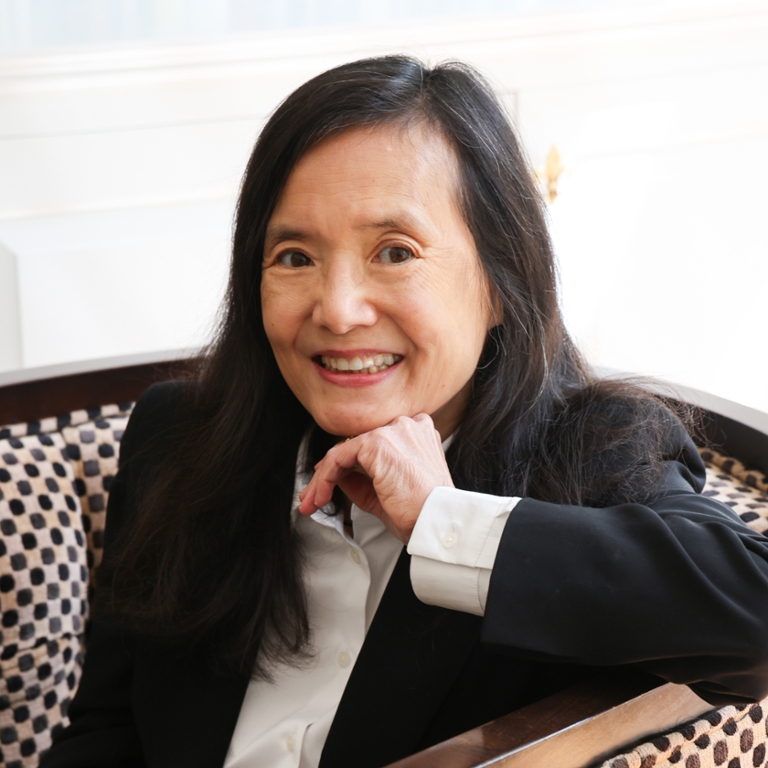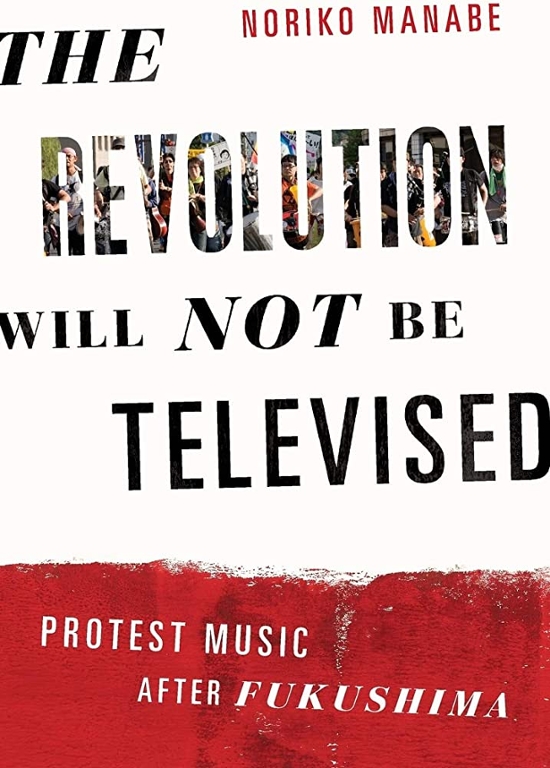FOR IMMEDIATE RELEASE
BLOOMINGTON, Ind. – The Indiana University Jacobs School of Music is pleased to announce the appointment of Noriko Manabe as professor of music in music theory, effective Aug. 1.
Manabe previously served as associate professor of music studies at the Temple University Boyer College of Music and Dance. She has also taught at Princeton University, the University of Pennsylvania and City University of New York, and has held visiting research positions at the Library of Congress, Tokyo University of the Arts and International Research Center for Japanese Studies.
Her research draws from the social sciences, ethnography and musical analysis, focusing on music and social movements and on popular music.
Manabe’s first monograph, “The Revolution Will Not Be Televised: Protest Music After Fukushima” (Oxford University Press, 2015), addresses the different roles of musicians in the performance spaces of cyberspace, demonstrations, festivals and recordings. The book won the John Whitney Hall Book Prize (for the best book in Japanese studies) from the Association for Asian Studies, the Book Award from the British Forum for Ethnomusicology and Honorable Mention for the Alan Merriam Prize (for the best book in ethnomusicology) from the Society for Ethnomusicology.
Her article "We Gon’ Be Alright? The Ambiguities of Kendrick Lamar’s Protest Anthem" in Music Theory Online 25.1, won the Outstanding Publications Award from the Society for Music Theory and the Outstanding Publication Award from the Popular Music Interest Group of SMT.
Manabe has also published journal articles and book chapters on Japanese hip-hop, rap and language, ringtones, online radio, children’s songs as propaganda, Cuban modernists and Cuban singer-songwriter Silvio Rodríguez. Her articles have appeared in numerous publications worldwide.
Conversant in several languages, she has conducted field and archival work in multiple countries, including Bali, Cuba and Germany, in addition to Japan.
“Noriko Manabe is held in the highest regard by her peers as both a scholar and a colleague,” said Abra Bush, David Henry Jacobs Bicentennial Dean. “In addition to her impeccable teaching credentials, the broad spectrum and vast output of her research and expertise are simply amazing. She is also deeply committed to service and a passionate advocate for diversity and inclusion at the institutions and academic societies she is part of. We very much look forward to working with Noriko on every level.”
Manabe's second monograph, "Revolution Remixed: Intertextuality in Protest Music," constructs a classification of intertextuality as it pertains to protest songs and analyzes cases drawn from global movements as well as the Japanese antinuclear movement. She is co-editing “The Oxford Handbook of Protest Music” (with Eric Drott) and the book of essays “Nuclear Music” (with Jessica Schwartz). Other ongoing projects include one on the development of Japanese children’s songs from the Meiji Era to the Allied Occupation and another on Japanese club musics (hip hop, reggae, techno) in transnational perspective, including production and reception in Japan, Jamaica, Brazil and Europe.
Additionally, she is series editor for 33-1/3 Japan, a series of books on Japanese popular music from Bloomsbury Publishing and an extension of its popular 33-1/3 book series.
Manabe has served on the editorial or advisory boards of the Journal of the American Musicological Society, Twentieth-Century Music, Music Analysis and Music and Politics, and the book series SOAS Musicology (Routledge) and Music and Politics (Routledge). She is a contributing editor for the Asia-Pacific Journal. She has served as treasurer, council member and chair of the Investment Committee for the Society for Ethnomusicology, chair of the Publication Awards Committee and a member of the Program, Investment and Race and Ethnicity committees for the Society for Music Theory, the Finance Committee for the Association for Asian Studies and the Board of Trustees for the Society for Japanese Studies.
She earned a Ph.D. from CUNY Graduate Center, where she completed doctoral requirements for both ethnomusicology and music theory.
“We’re thrilled to welcome to the Music Theory Department faculty Dr. Noriko Manabe, who has been a pioneer of interdisciplinary work in music theory and ethnomusicology,” said Kyle Adams, chair of the department. “She has produced award-winning scholarship on Japanese protest music and on hip-hop and will bring to our department specializations in global popular music, music and social activism, hip-hop and linguistics. Professor Manabe will be a critical part of our department’s commitment to maintaining a strong music theory program and to fostering connections with colleagues and students outside the Jacobs School of Music.”



